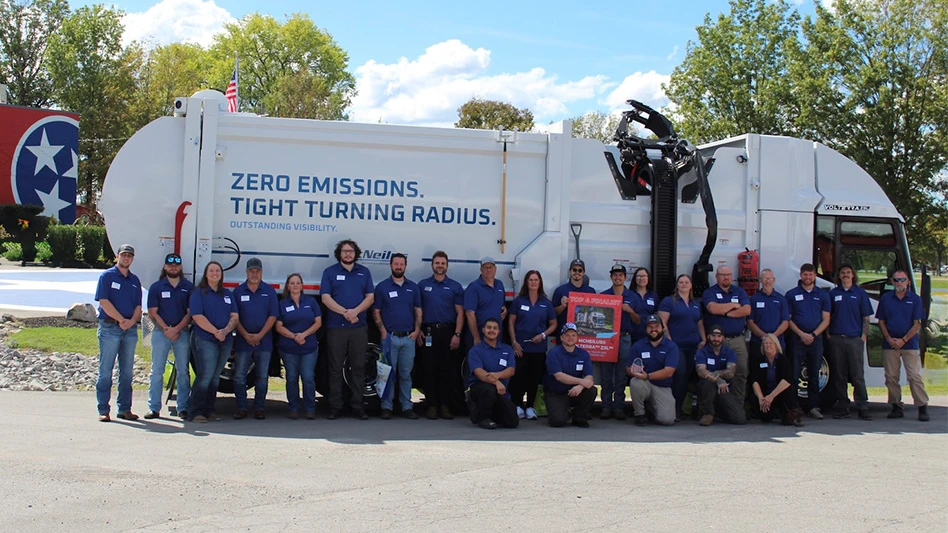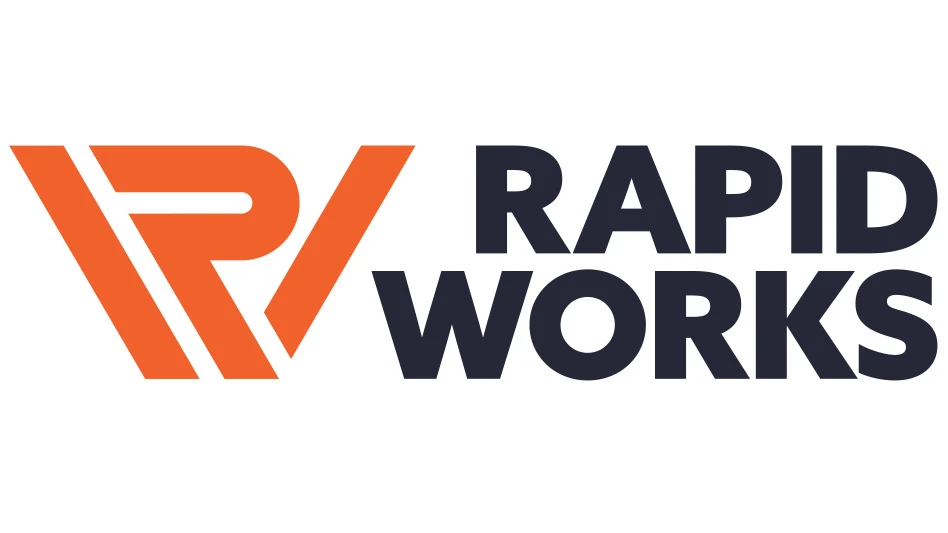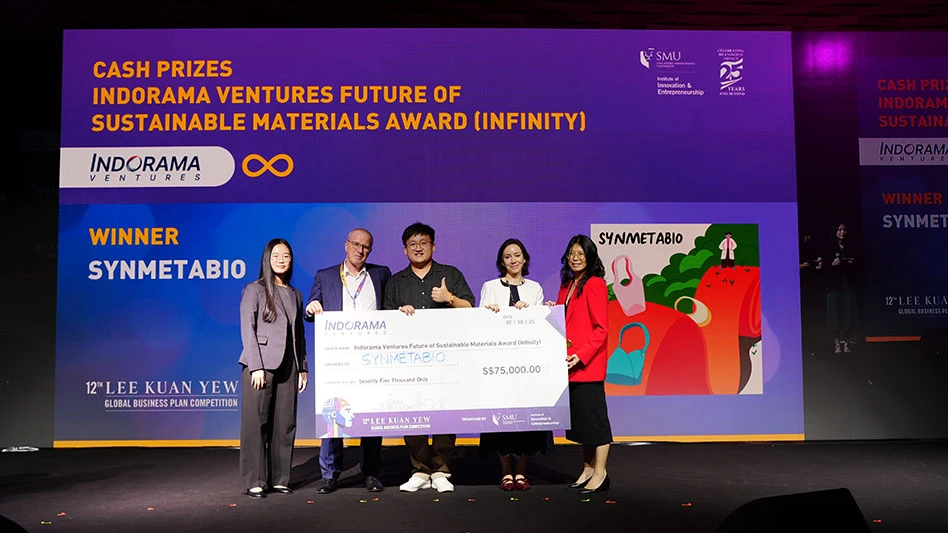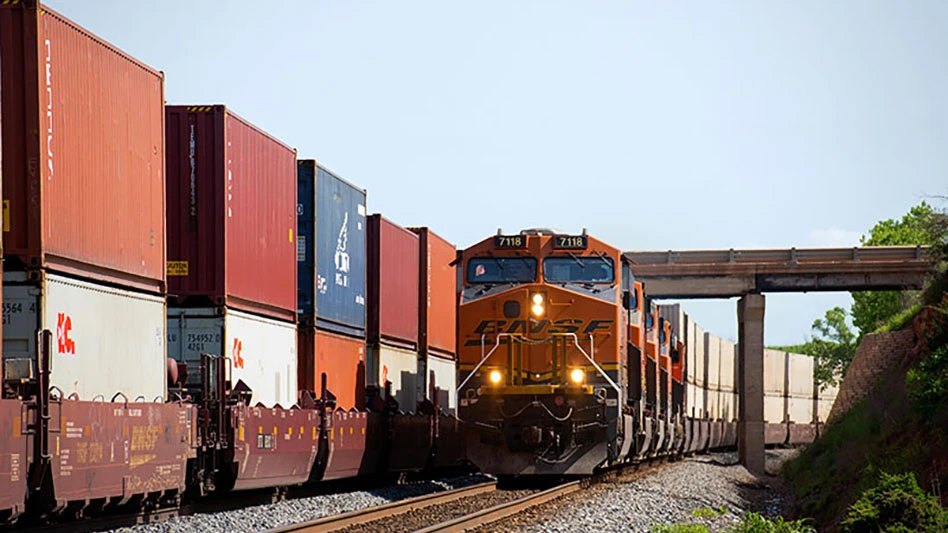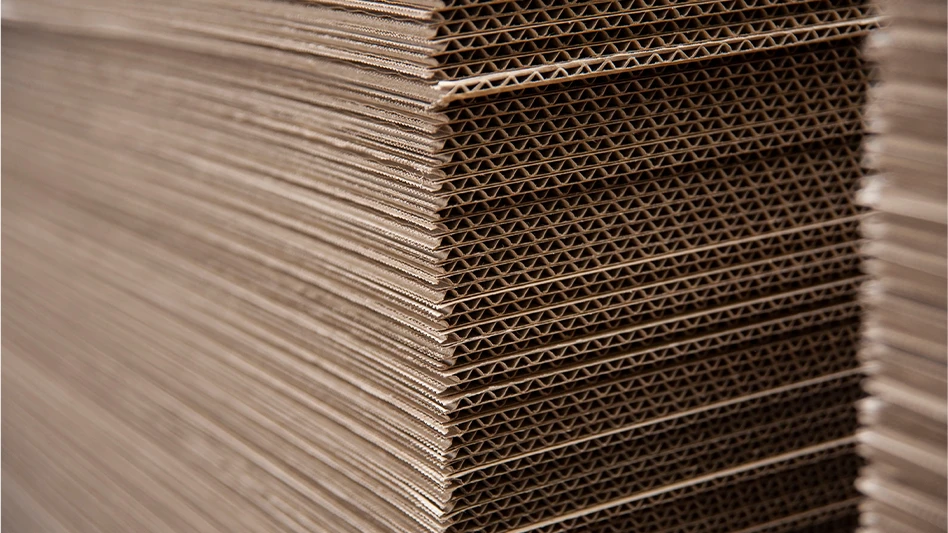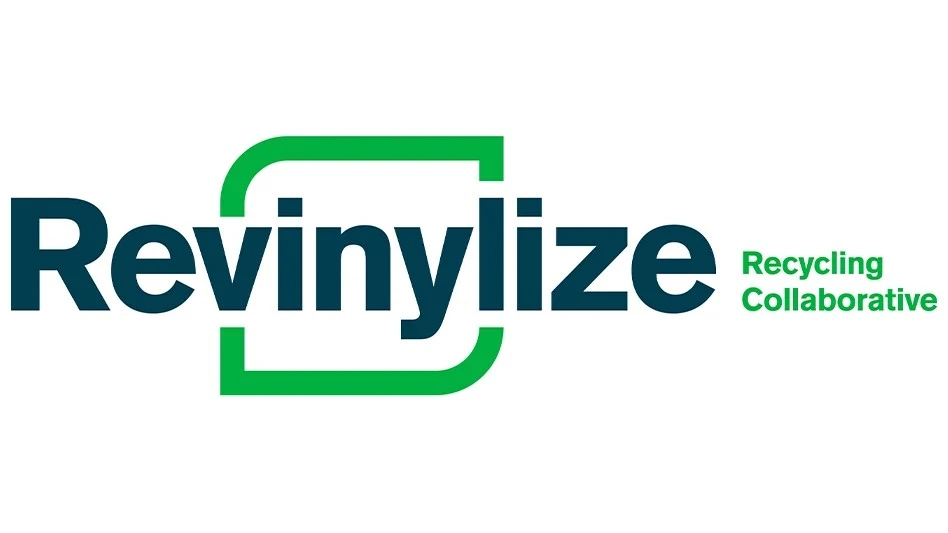Helsinki-based Fortum has acquired fellow Finnish company Crisolteq. Fortum describes that firm as having “developed a unique hydrometallurgical recycling process that enables a recycling rate of more than 80 percent for lithium-ion batteries, compared to the [more common] recycling rate of about 50 percent.”
Fortum says it is acquiring all shares of Crisolteq, and that the investment “strengthens Fortum’s position in the recycling of high value materials in Europe.” The recycling of battery metals also supports Fortum’s existing battery business, says the firm.
In the hydrometallurgical process used by Crisolteq, cobalt, manganese and nickel are recovered from the batteries. The metals are sold to battery manufacturers to be used in the production of new batteries.
“The electrification of our society will significantly increase the demand for batteries in the future,” says Kalle Saarimaa, Fortum’s vice president, recycling and waste. “We strongly believe in the hydrometallurgical process developed by Crisolteq. We see a very promising future for the technology and see it as an important part of our recycling business. The recycling of valuable metals decreases the environmental load of electric vehicle batteries by reducing the need to excavate valuable metals.”
Crisolteq Crisolteq employs 23 people and recorded sales of €2.1 million in its most recent fiscal year. It has what Fortum calls an industrial-scale hydrometallurgical recycling facility in Harjavalta, Finland, a production plant in Tornio, Finland, and research and development activities in Raisio, Finland.
Fortum is an electricity, heating and energy provider that also offers resource efficiency-related services, including demolition and recycling. The company employs about 8,000 people in Northern and Eastern Europe and in India. Fortum has annual sales of €5.2 billion, and says 57 percent of the electricity it generates does not produce CO2 emissions.
Get curated news on YOUR industry.
Enter your email to receive our newsletters.
Latest from Recycling Today
- DuPont announces winners of Tyvek Sustainable Healthcare Packaging Awards
- HRH Metals gets new owner
- ESGL files provisional patent for acidic waste metal recovery technology
- Alabama awards $2.5M in grants to boost recycling efforts
- Sourgum expands services to Indianapolis
- Tomorrow Recycling seeks investment opportunities
- ArcelorMittal endorses EU steel trade measures
- Chemical companies reducing UK, European footprint cite similar challenges
